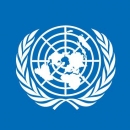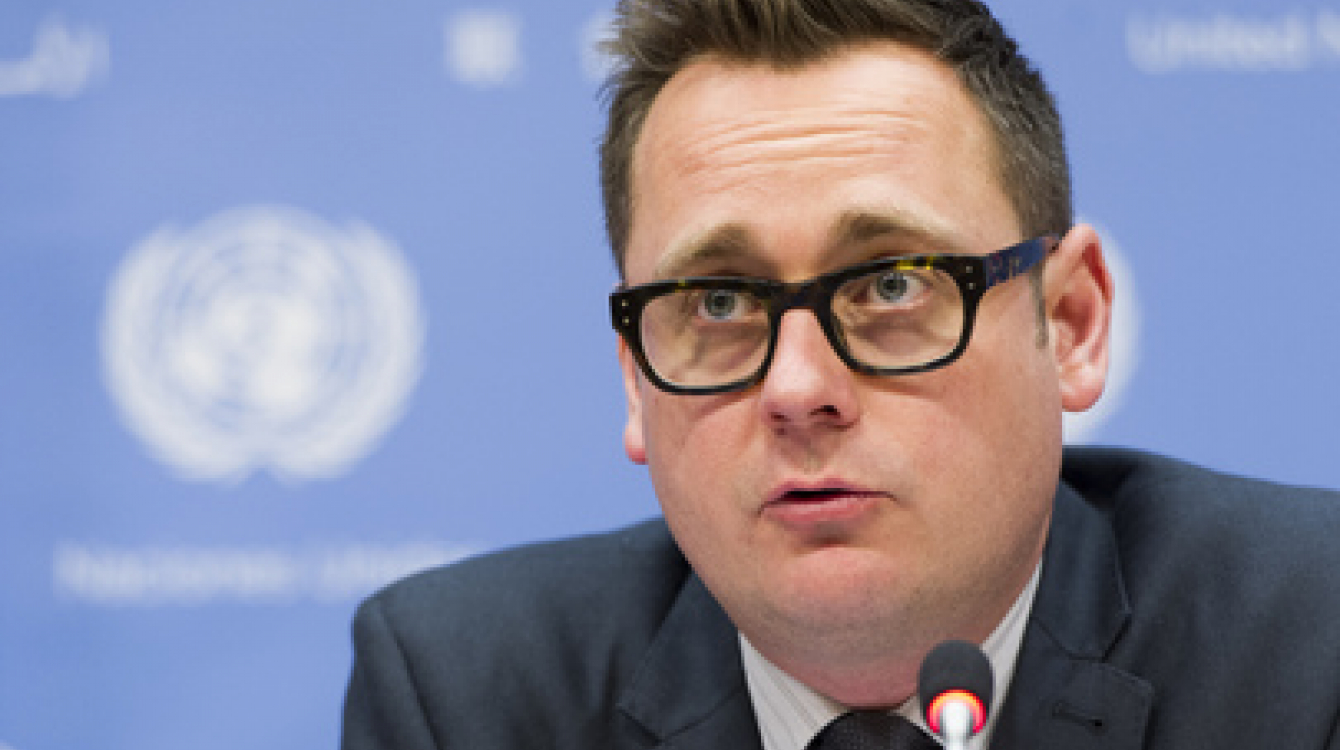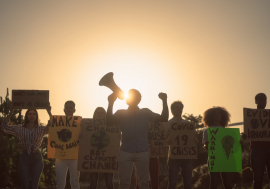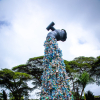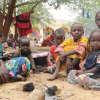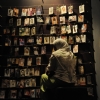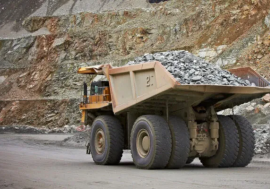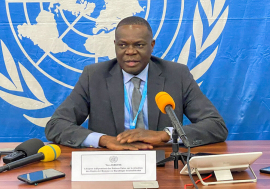Post-2015 Sustainable Development Agenda
Post-2015 Sustainable Development Agenda
What is the post-2015 sustainable development agenda?
The new post-2015 development agenda builds on the Millennium Development Goals (MDGs), eight anti-poverty targets that the world committed to achieving by 2015. Enormous progress has been made on the MDGs, showing the value of a unifying agenda underpinned by goals and targets. Yet despite this success, the indignity of poverty has not been ended for all.
The members of the United Nations are now in the process of defining Sustainable Development Goals (SDGs) as part of a new agenda to finish the job of the MDGs, and leave no one behind.
This agenda will be adopted by Member States at the Sustainable Development Summit in September 2015.
What are the proposed SDGs?
- End poverty in all its forms everywhere
- End hunger, achieve food security and improved nutrition, and promote sustainable agriculture
- Ensure healthy lives and promote wellbeing for all at all ages
- Ensure inclusive and equitable quality education and promote lifelong learning opportunities for all
- Achieve gender equality and empower all women and girls
- Ensure availability and sustainable management of water and sanitation for all
- Ensure access to affordable, reliable, sustainable and modern energy for all
- Promote sustained, inclusive and sustainable economic growth, full and productive employment, and decent work for all
- Build resilient infrastructure, promote inclusive and sustainable industrialisation, and foster innovation
- Reduce inequality within and among countries
- Make cities and human settlements inclusive, safe, resilient and sustainable
- Ensure sustainable consumption and production patterns
- Take urgent action to combat climate change and its impacts (taking note of agreements made by the UNFCCC forum)
- Conserve and sustainably use the oceans, seas and marine resources for sustainable development
- Protect, restore and promote sustainable use of terrestrial ecosystems, sustainably manage forests, combat desertification and halt and reverse land degradation, and halt biodiversity loss
- Promote peaceful and inclusive societies for sustainable development, provide access to justice for all and build effective, accountable and inclusive institutions at all levels
- Strengthen the means of implementation and revitalise the global partnership for sustainable development
At the end of 2014, the UN Secretary General presented the synthesis report “The road to dignity by 2030” covering all the processes and reports related to post-2015, including the UN consultations.
What is UNDP's role with the SDGs?
Over the past three years, UNDP and the UN Development Group (UNDG) have been facilitating an unprecedented global conversation. This has connected with a diverse set of stakeholders, including vulnerable groups, women, young people, people with disabilities and the private sector, as well as all levels of the government.
The global conversation in numbers:
- 7.3 million people have ranked their priorities for the future via the MY World survey
- National consultations on the ‘world that people want’ in almost 100 countries
- 11 global thematic consultations via the World We Want website
- More than 4 million World We Want total page views and 7,000 visitors per month
- 6 consultations on means of implementation with more than 30,000 participants
- Innovative and illustrative governance goals piloted in 5 countries; pilot goals on disaster risk reduction in 5 countries
- Over 1 million qualitative contributions aggregated by the project’s People’s Voices Data Mining Tool
The key messages from the two reports ‘A Million Voices’ and ‘Delivering the Post-2015 Development Agenda,’ which summarize the findings from the global conversation, are clear: People want to be a part of delivering this new agenda, and to hold governments and businesses accountable for their promises and commitments. People stressed the importance of participation, inclusion, as well as strengthened capacities and partnerships.

